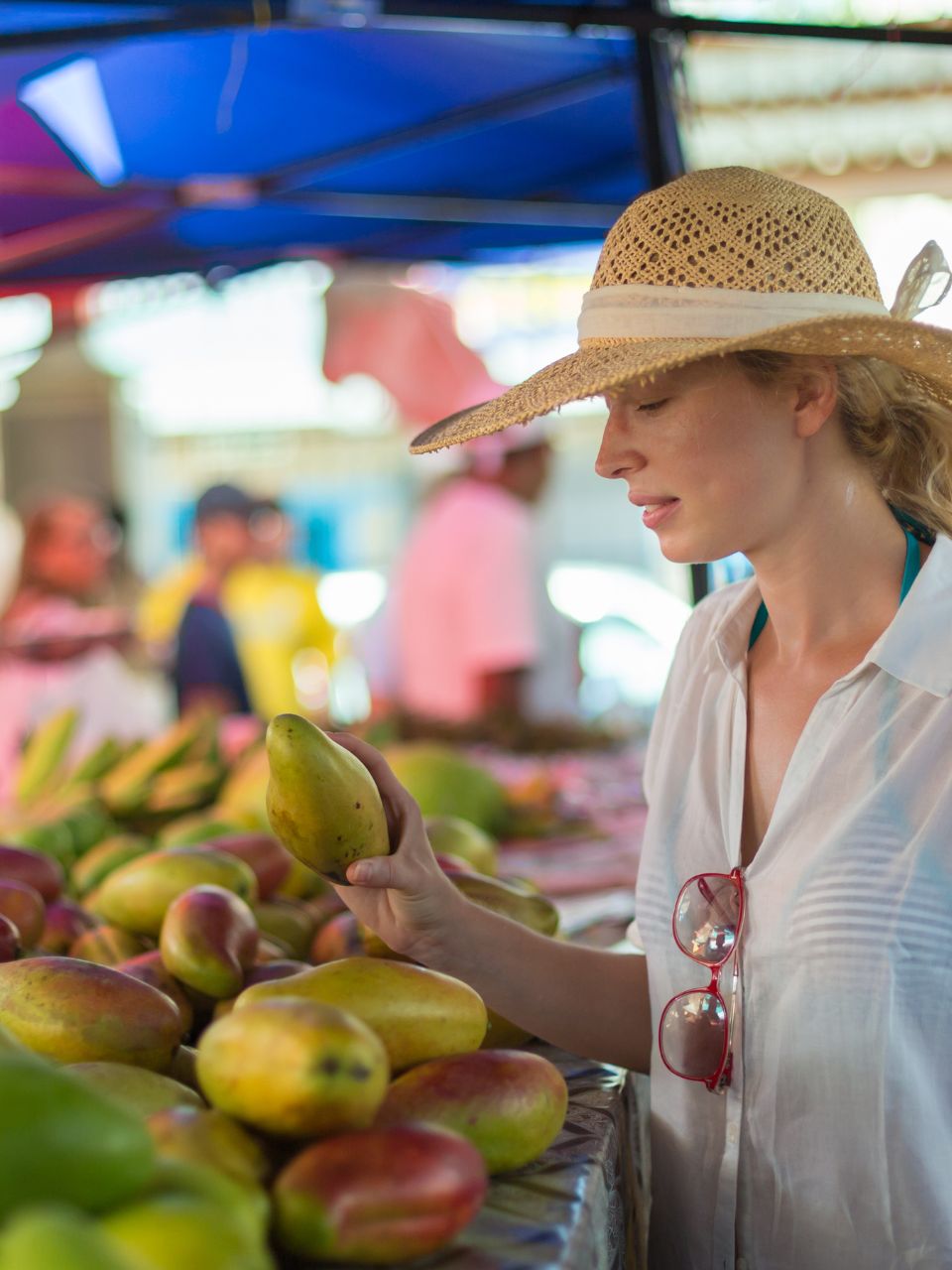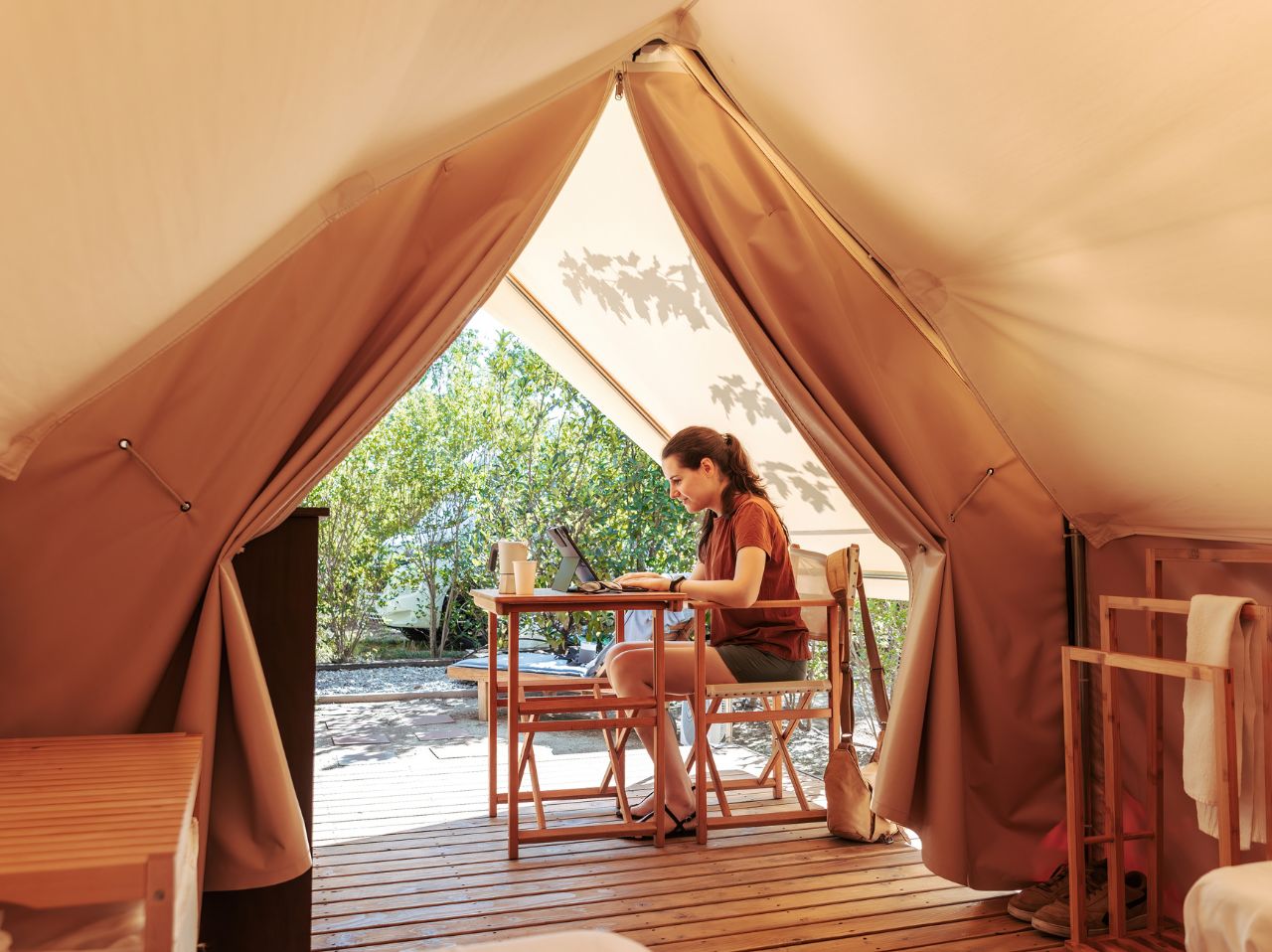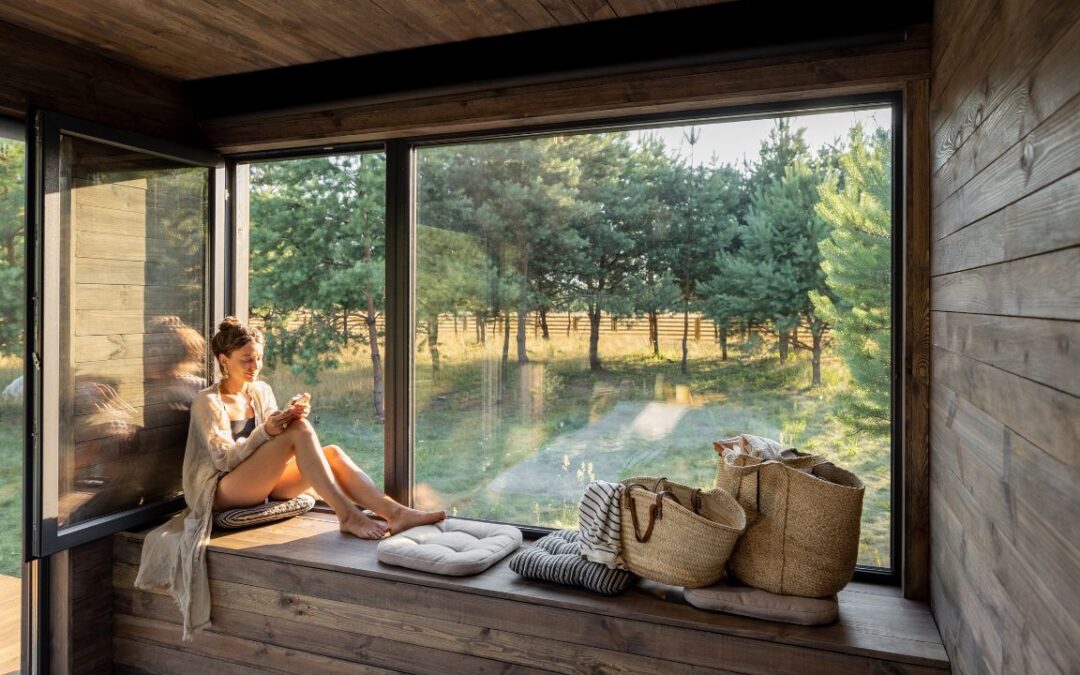For digital nomads, the most important consideration before moving to a new place is accommodations. Should you stay in a hostel, book a hotel, or share an apartment?
Regardless of your preference, everyone says the key to finding the best place to stay is research, research, and research. Not only will it help you balance travel and work better, but will also set realistic expectations about the place. Less frustration, more productivity, and more fun!
Almost everything can be found on the internet if you know what to look for. But what exactly should you look for?
1. Location & Seasons
Are you able to work with the sound of honking cars or do you need to be close to nature? Do you need to prepare mosquito patches?
Some prefer to live in the city center while others like to be close to nature. Regardless of your preference, safety and security must always be your top priority especially when you’re traveling alone.
Avoid areas with high crime rates, civil unrest, and political instability. If you’re going during monsoon season, check if the area is flood-prone. You don’t want your adventure to be THAT kind of memorable.
2. Accessibility
Is it near bus stations? Are there tech stores nearby in case your laptop won’t open? In case of emergency, is there a hospital or clinic you can go to?
The establishments nearby will make your stay more comfortable and less costly. A cafe or co-working space within walking distance will help boost your productivity. Grocery stores and public markets should be accessible via public transportation or taxi. And the main attractions shouldn’t take hours to get to.
Google Maps can be helpful in checking the establishments nearby. Don’t hesitate to ask the landlords or hostel owners. Look for banks and ATMs, bakeries, gyms, nearby bars or restaurants, health clinics, supermarkets, and food stalls.

3. Transportation and Walkability
Public transportations usually pass by the main attractions and important landmarks so they should be convenient and accessible. Look up how the locals get to places. Trains? Buses? Toktok? Or jeepneys?
The walkability of the places you need to get to should not be overlooked. Not only will you save transportation costs but it will also help you get to know the place better. Who knows? Your favorite local restaurant might be just around the corner. Plus, you also get to reach those 10k steps!
4. Connectivity
There’s a reason for the saying “Internet is a digital nomad’s bread and butter”. It should be the least of your worries.
Most accommodations feature an internet connection on their websites. But if you’re going to work from home, you might share the broadband with several other people. So make sure you ask about the download and upload speed, data limit, and power interruptions.
You don’t want slow uploads, or worse, lagging conference calls.

5. Amenities
Now, more amenities usually mean pricier accommodations so you need to know what you really need.
While co-working spaces are popular among digital nomads, it’s not really necessary. You can set up a “workstation” in your place if you prefer working from home. Make sure your place has an office chair and a desk for you to work on. Lighting is also important so make sure you have optimal lights if not windows for natural light.
Solo travelers often think that a small space is enough but working and sleeping in the same space is not ideal. Your productivity may decline sooner rather than later in a small space. So be generous enough when booking a place.
Other amenities you can ask about are water pressure, coffee and/or tea makers, and a smoking area (if you’re not a smoker you don’t want a room close to this one).
6. Kitchen
Food is one of the best ways to experience the culture of the place. However, eating out is not sustainable for long-term stays. Even coffee is expensive if you’re going to grab it from a cafe every day.
The best way to minimize food costs is to cook your own food. So a kitchen is a must-have especially if you have dietary restrictions.

Ask what equipment they have in the kitchen aside from pots, pans, and knives. Also, are there storage spaces and refrigerators for your ingredients? What are the clean-up protocols?
This might be your biggest adventure: source local ingredients, discover recipes, and find your next favorite flavor!
7. Community
Loneliness is often what digital nomads battle when traveling alone. So the role that a community plays in your stay is crucial. It is what makes the new place feel like home.
Most conversations happen in common areas, not just bars and parties. Ask around and look for common areas like co-working spaces, dining areas, and reading rooms. Even a common kitchen is a good place! The internet may be a great place to find where to go or what to try next but there’s nothing more reliable than personal accounts.
Start conversations and foster connections. Your fellow digital nomads may have tips and tricks for what’s bugging you lately. Ask the locals what they do and where they go for fun.
Share Your Stories!
Everyone has a story to tell, reviews to share, and recommendations to take note of–including you! Share your experience online, on booking sites, Facebook groups, Reddit subpages. Make the world bigger and a less scary place for fellow digital nomads.




0 Comments